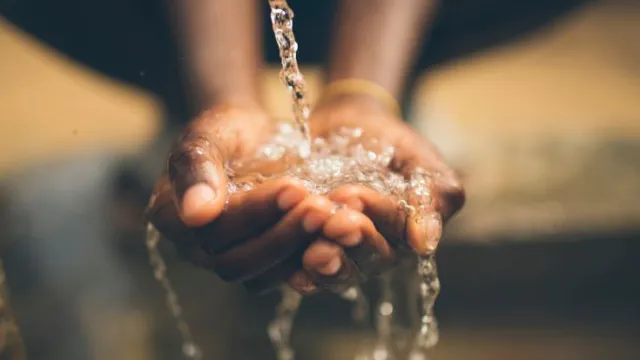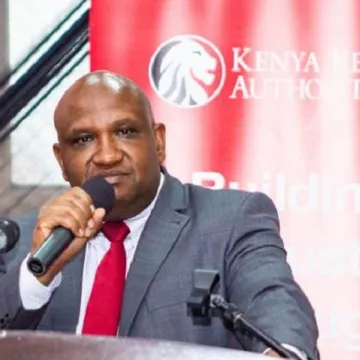Water Fund signs projects worth Sh13 billion

Water Fund signs projects worth Sh13 billion
Water Fund has signed projects valued at Kes13.3 billion with various water service providers. The CEO of the Water Sector Trust Fund (WSTF), Mr. Willis Ombai, informed the Senate Committee on Lands, Environment and Natural Resources during a meeting to discuss the status of projects implemented by the State organisation, on Tuesday, October 8.
Mr. Ombai further explained that Water Fund disbursed Kes9.74 billion within the FY2020/2021 to 2023/2024 and has since enhanced access to water and sanitation services for approximately 1.2 million people across counties.
WSTF is a State Corporation established under the Water Act, 2002, and mandated to finance water and sanitation services for the poor and under-served communities in rural and urban areas.
“In addition to these direct investments, water service providers (WSPs) have also benefited from the Water Chemicals and Conditional Liquidity Support Programme (CLSG). This initiative, managed by the Water Fund in collaboration with the Ministry of Water, Sanitation and Irrigation, provided financial support to WSPs affected by the COVID-19 pandemic,” Mr. Ombai explained.
Read also: Nairobi set to receive 140 million extra litres of water
“The goal of the CLSG programme was to offer short-term liquidity to help WSPs maintain their operations and service levels during the pandemic, contributing to Kenya's efforts to curb the virus,” he added.
He also noted that WaterFund has been instrumental in mobilizing resources to strengthen county capacities and improve the performance of WSPs. This support has enabled the development of Water and Sanitation Strategies, Masterplans, Policies and Sanitation Acts for various Counties.
These frameworks, Mr. Ombai added, have played a critical role in prioritizing investments in the water sector. They have strengthened governance systems, improved transparency and accountability, and promoted equitable access to water and sanitation services, particularly for marginalized, underserved and low-income urban populations.




